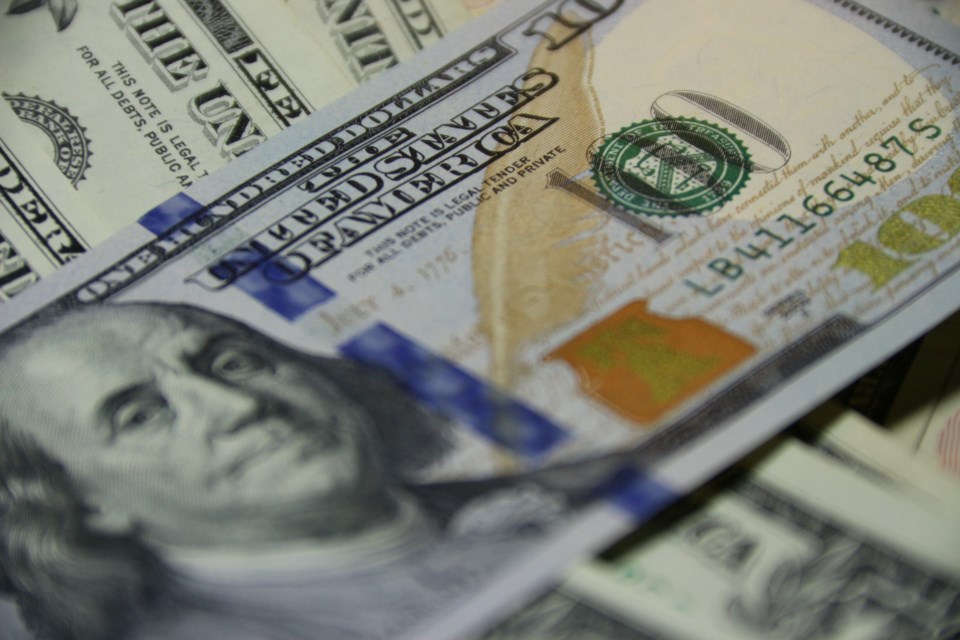This column is intended for informational and educational purposes only and should not be construed as professional financial advice for your individual situation. Please consult with a financial professional before making any serious financial decisions.
The Longmont Leader accepts contributions, photos, and op-eds for publication from community members, business leaders and public officials on local topics. Publication will be at the discretion of the editor and published opinions do not represent the views of The Longmont Leader or its staff. To submit a contribution, email [email protected].
Hello Longmont!
I am a dad, carpenter, writer, and retired software engineer who has been living in Longmont since 2005. I used a few simple but powerful life principles to become wealthy enough to retire at age 30, and went on to start a blog called Mr. Money Mustache that has now reached over 30 million people in the past nine years. Now it’s time to take these ideas to the streets of Longmont, so send in your questions about money and life!
There has been a lot of talk recently about the Feds pumping money into the economy, and the effects it will have on inflation long term. The growing concern by many is that if countries start to see that Americas debt only ever seems to go up, and they print money at will, then the U.S. dollar may eventually no longer become the world's reserve currency. There are many who speculate, that if this happens, there will be dire consequences for Americans, and those that invest within it's stock markets. It would be great to hear MMM's take on this. --Mack
The actions of the US Federal Reserve system and our national debt level have been subjects of concern and speculation for many decades. According to bearish commentators, we have been on the verge of collapse since before I was born in the 1970s, and despite all of this we have experienced consistent and unprecedented prosperity almost every year since then. So it’s important to take any fearful statement with a huge bag of salt.
But, with all that out of the way, here’s my own personal opinion on it:
- The feds are lowering interest rates and printing money right now specifically to combat deflation. They try to maintain a target inflation rate of 2%, and with the last two recessions that became difficult to do (because the prices of things like oil, labor, imported goods and even houses in the case of 2009, were dropping due to lack of demand)
- However, the cheap money is inflating certain categories right now - most notably stock and house prices. So it can be a delicate balance to strike.
- So far, the world currency markets don’t seem to be too concerned about our level of borrowing. If they were, we would see a large and continued decline in the US dollar compared to other major currencies.
- Even if that happens, domestic investors might not be harmed: stocks go up with inflation, so we would be protected in that sense. A weaker dollar would make imports more expensive, but our exports would become cheaper to purchasers abroad. So our largest companies which export a lot of goods and services (Caterpillar, Apple, Tesla, heck even Facebook), would benefit from increased sales abroad, which would create more jobs, attract more investment, and in the long run even nudge the dollar back up.
- And finally, if the US dollar someday ceases to be the world’s reserve currency, we would indeed have less wiggle room on how much money we can print. In that situation, we would have to borrow less and produce more. Which, in my book, is a fine way to live anyway!
The takeaway: don’t try to out-guess the markets and predict the future. But if you want a safe hedge in exchange for possibly lower returns, you might invest in other sources of income besides stocks: a paid-off house with a rental suite, solar panels which provide you with free energy regardless of the future price of electricity, a bike which cuts your transportation and health care costs down to nearly zero, and so on.
The best way to prepare for an uncertain future is with a resilient network of skills, local friendships, health, and a low cost of life. With these things in place, the headlines in the financial news are just noise.



